Obituary: Catherine Cameron
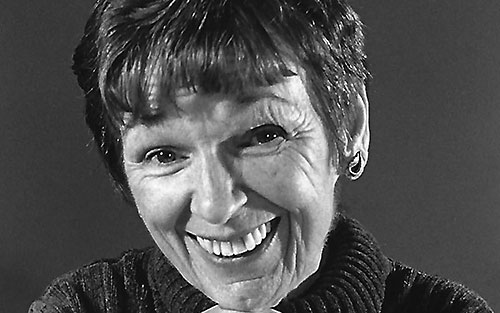
College professor, author, activist
Catherine Cameron died peacefully on July 26 at Mt. San Antonio Gardens health center, with her family at her side and aided by hospice.
Previously, she and her husband had lived at the Gardens for 19 wonderful years, marked by achievements, enjoyment and friendships. In 2005 she was diagnosed with Alzheimer’s disease. In the 14 years since then, her decline has been gradual, graceful and gracious, her family shared, adding: “She had a smile and a warm word for everyone, and was loved by all who knew her.”
Born in New Brunswick, Canada, she was named Catherine Cameron Bonnell to honor her grandmother. She had an older brother, George, and soon two younger sisters, both having the names of English princesses, Elizabeth and Margaret.
With Catherine as their usual leader, the three girls formed a loyal pack. Their father was a young minister, born into poverty in Prince Edward Island, Canada. But he was rising quickly when he was called to take the famous pulpit at the Fifth Avenue Presbyterian Church in New York City.
The family retained strong Canadian ties, and all remember their summer vacation months on Prince Edward Island as the best part of their childhoods. Catherine in particular missed her prairie play space and next-door companions when, at age eight, she moved to the ninth floor of a Manhattan apartment building, where the children were not allowed to go outside without an adult supervisor.
Their education may have benefitted from having the Metropolitan Museum of Art across the street, but definitely not from several years of homeschooling, her family shared. Their socialization also suffered without next-door friends and playmates.
When she was 10, she suffered another setback, developing juvenile rheumatoid arthritis, which manifested in very painful, crippled and rigid hands while she was still growing. Fortunately, she had good support from her family, and this condition became less handicapping in high school and college, except for lowering her general energy level.
Eventually all the Bonnell children were placed in private schools. Young Catherine was an intellectual star, but she was shy and felt rejected by her high school classmates’ cliquishness. Consequently, she chose to return to Canada for college, and found an intellectual home at McMaster University.
There she met a ministerial student, Robert Arnott, who was five years her senior and reminded her of her father. She resolved to blend her strengths with his in working toward his career goals. Becoming engaged, she took various jobs to help financially while Mr. Arnott was in theological study in Germany and France, or short-term teaching, graduate study, or serving small parishes before he earned his doctorate.
They married in the fall after she graduated from college. They had two children, Cathy and Rob, and she has written amusingly about the perils of making seven different homes habitable in seven years, sewing all the drapes and making the children’s clothes, etc. She wholeheartedly followed the precepts expected in the social role of “unpaid minister’s wife.”
Along the way, she had taken an occasional college course in various cities, and began to think of putting them together within a united program. She had done informal counseling and concluded that it might become her career.
When Mr. Arnott’s ministerial career brought the family to Los Angeles, she enrolled in the University of Southern California’s master’s degree program in marriage and family counseling. Her timing was fortunate, as opportunities for women were then expanding in higher education.
She did outstanding work at USC, and the department encouraged her to aim for still higher goals. So, gradually she resolved to raise her goal to a PhD, and she took it in the sociology department, where it meshed with social psychology.
She then began thinking about finding a full time job, possibly teaching or research, instead of part time counseling. And, as luck would have it, La Verne College (now the University of La Verne), just three miles from her home, needed a faculty member to teach family and social psychology courses. So, in 1971, after the requisite interviews, she was offered the job, even before her dissertation was completed.
Meanwhile, changes were occurring in her family. Both children were maturing and studying outside of their former schools. Mr. Arnott was studying for periods at foreign universities, and talking about possibly becoming a missionary, while she was already started in a new career close to home. It was clear that their goals had diverged drastically. After months of counseling and attempts to find common ground, she concluded that divorce was the only realistic course for her.
She loved her assistant professor teaching position at La Verne College, and the job solved possible financial problems as well. Years later, she became a full professor and the department chair as the college became the University of La Verne.
In 1972, while she was first teaching at La Verne, Stuart Oskamp was already a full professor of psychology at nearby Claremont Graduate University, and was also recently divorced. He met her at a church singles group, and one date was enough to convince him that they would have a wonderful second marriage.
However, her experience had made her wary and fearful of being hurt in another commitment. It took nearly a year to convince her that it would be safe. The couple were married at Christmas time in 1973, and she changed her name to Catherine Cameron, just like her grandmother’s name. Since then they have enjoyed 45 wonderful years together. As Mr. Oskamp has written, “We each filled the other’s needs, almost ideally.”
“Catherine Cameron continued a family tradition of women who broke with prior conventions, creating new roles for themselves,” her children shared.
In the 1930s, her mother was the first woman in her family to teach in college. Ms. Cameron went further—she wrote two published hymns, participated in political protests, published books, earned a PhD in her 40s, and taught sociology at the University of La Verne for more than 20 years.
“Catherine’s primary motivation was an active, practical kindness, built on a foundation of truth,” her children said. “When struggle, violence, and fear troubled people, her hymns provided comfort. Inequality hurt minorities and women, so she went to marches and wrote her PhD dissertation about women’s choices in life.”
Her most important book, Resolving Childhood Trauma, followed the lives of 50 women who had been sexually abused as children and were trying to overcome the aftereffects and live a healthy life, as much as many decades later.
“For years she listened and watched as a clear-eyed knowledge of their devastating past allowed both emotional and physical recovery,” the family shared. “As one of the women said, ‘She took our pain and made a book to help everyone with recovery.’”
In retirement, she lent financial support to Women for Women International, and wrote scores of personal letters to women who were struggling to recover from personal disabilities stemming from genocide in Rwanda, Iraq, Kosovo, Croatia, the Congo, and several other nations.
“In the middle of all this she raised us and taught me to garden and to sew,” said her daughter. “As an adult, I have never needed any other role model. I had her.”
She faced her 2005 Alzheimer’s diagnosis with courage and candor, speaking openly about her illness, enumerating what she called her “assets”—her remaining memories, her integrity, her patience and empathy—while encouraging others to face their own travails with similar wisdom. She could easily have been a role model for the wonderful 2014 film about Alzheimer’s, Still Alice.
After teaching for 20 years, she has given her body to science, transcending death to teach one more time. She enjoyed dancing, sewing, singing, photography and laughter.
In her blended family, she is survived by her devoted husband Stuart; her sister in Canada, Elizabeth; children Cathy, Rob (Marina), David, and Karen (Carl); grandchildren Robin, Sydney, Richard, Adrian (Andrea), Julia (Chad), Jake, Max, Ty and Toby; and great-grandchildren Alexis and Quinn.
In lieu of flowers, gifts to honor Ms. Cameron’s life may be made to Women for Women International at womenforwomen.org.




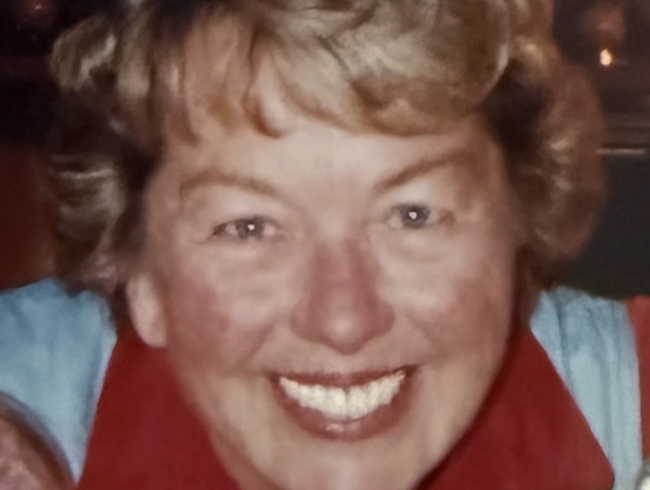
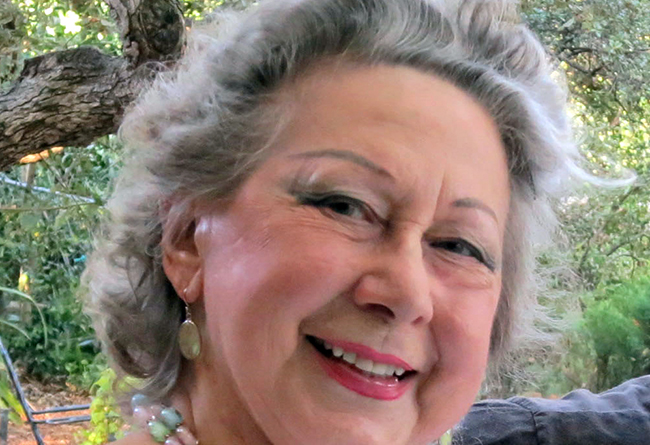
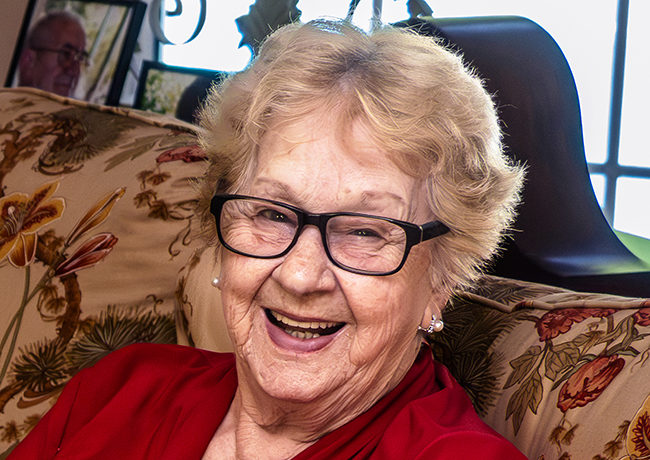
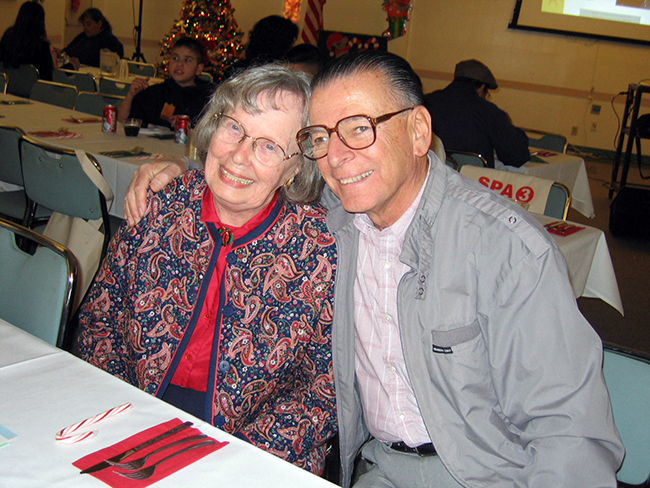
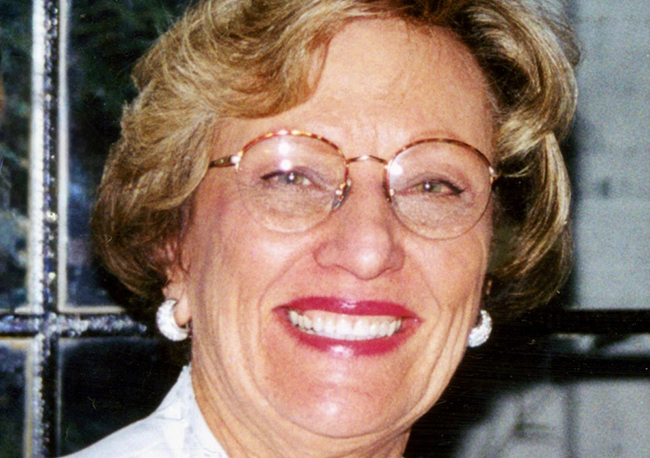
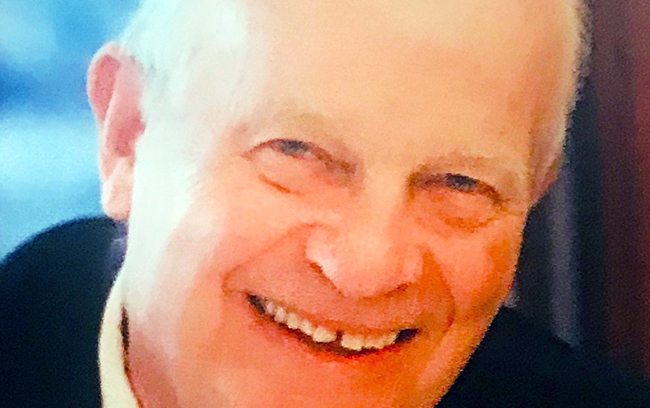

0 Comments